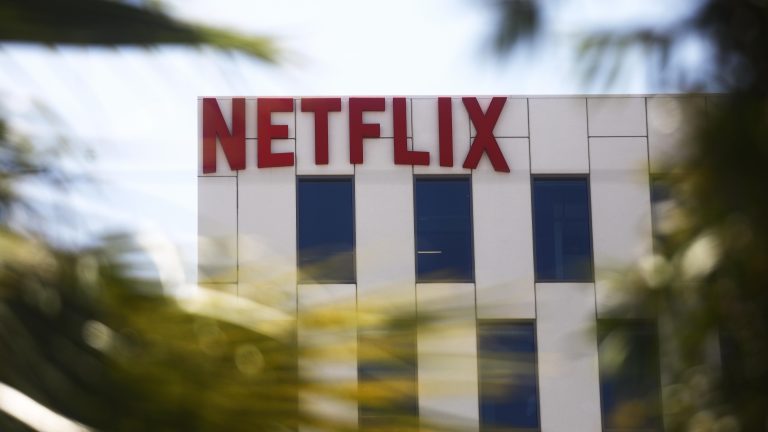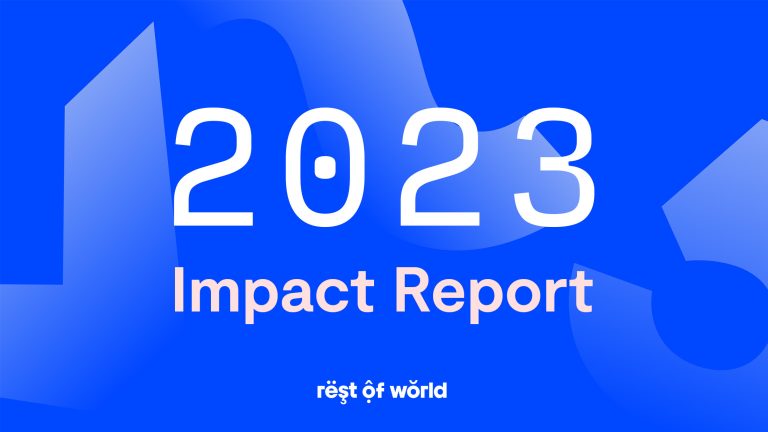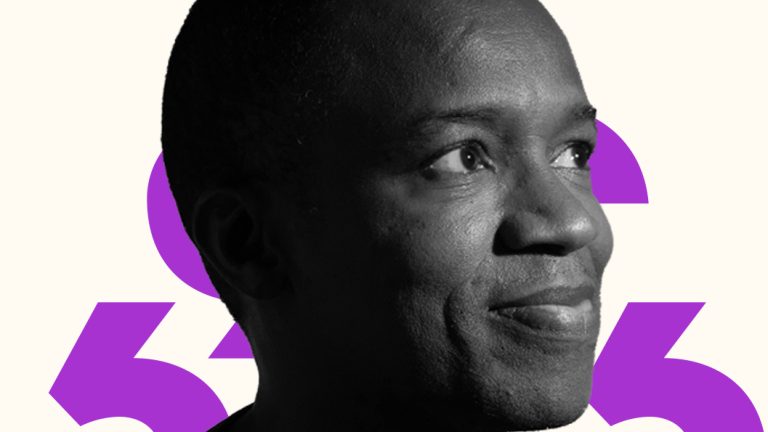In March, Netflix quietly rolled out an experiment among customers in three small markets in Latin America, asking them to pay extra when sharing their account passwords outside their homes. The streaming giant announced the new password-sharing policy in Peru, Chile, and Costa Rica.
Central and South America represent Netflix’s lowest revenue per user, making them particularly vulnerable to changes in pricing, according to the global media and entertainment research firm Ampere Analysis. And even then, Netflix is strategically not testing the new policy in the region’s largest streaming markets, such as Brazil and Mexico, Paul Erickson, a streaming market analyst from the firm Parks Associates, told Rest of World. Netflix currently leads the Peruvian market with 41% of streaming subscribers, followed by HBO Max and Disney+ at around 20%, according to data shared by Ampere Analysis.
Executives rolled out the policy in countries outside “their huge markets, so they don’t potentially suffer a large amount of subscriber goodwill lost,” said Erickson. Netflix will likely use their findings in these three small markets to dictate policy for password sharing globally, as the company looks to expand its password-sharing crackdown by year’s end.
Netflix’s terms of use have always stated that subscribers are not allowed to share accounts outside of their household, but the platform had never previously enforced extra charges for infringing the policy. For the first time, the company is enforcing its policy that a “household” consists exclusively of people a subscriber lives with. The full rollout of the plan came on the heels of an earnings call that saw Netflix’s first drop in overall subscribers since 2011.
People using a subscriber’s account but living in another apartment, city, or country will be in violation of the terms of use. To stay on the same account in Peru, for example, subscribers can add up to two additional users who they don’t live with for about 8 soles (around $2) per month each. This option is cheaper than migrating to new accounts, which go for 24.90 soles (around $6.80) around per month on a basic plan.
Rest of World spoke to over a dozen Netflix consumers in Peru, many of whom say that more than two months after the policy was first announced, they have not received uniform messaging around the new charges nor do they seem to be subject to the same policies.
For some, the price increase has been enough to convince them to cancel their Netflix accounts outright. Others continue to share their accounts across households without any notification of the policy change or have ignored the new rule without facing enforcement. Overall, the lack of clarity around how Netflix determines a “household” and inconsistent levying of the new charges on different customers have left subscribers in the trial confused, risking action from consumer regulators.
The varied user experiences with notifications and charges suggest Netflix may be testing different versions of the rollout on different customers or has not fully defined the terms of the policy. “They may end up causing issues with their so-far loosely inferred definition of a household,” said Isabelle Charney, a researcher for Ampere Analysis.
Netflix representatives told Rest of World that it knows some subscribers understand “household” as related to immediate family but that it has always defined the term as people living in the same building. The company confirmed that the rollout has been progressive and that different subscribers might be paying differing charges.
“It wasn’t just the new charges … I just wasn’t enjoying most of their shows anymore.”
Carlos Luque, a communication specialist from Lima, shares his account with his parents, brother, and girlfriend, all of whom live in different locations. None of them have been notified of any change in policy nor has Luque been charged extra.
Other users are already feeling the change. Gabriela A., from Lima, also shares her account with two friends who live outside her home. She asked Rest of World not to use her full name, out of concern that Netflix might subject her to the extra charges she’s managed to avoid up to this point. “I’d like to keep using my ‘pirate’ account for as long as possible,” she said. While those friends did receive a notification telling them they had to validate their accounts almost a month ago, they simply skipped the message without incident, and Gabriela is still paying the same overall rate for the three of them.
Kat Galindo from Lima decided to cancel her Netflix account and pay for HBO Max instead. “It wasn’t just the new charges,” she told Rest of World, “I just wasn’t enjoying most of their shows anymore.” Hugo Vilchez, an engineer from Lima, also stopped watching Netflix altogether after the policy change, ending a subscription he shared with friends. They all still jointly share HBO Max, Amazon Prime, and Star+ accounts.
A Netflix customer service representative in Peru did agree to speak to Rest of World on the condition of anonymity, for fear of losing their job, stating that customer service reps were themselves confused about what to say when asked about the change in policy. The anonymous customer service representative said that she was instructed that if a subscriber called arguing that someone from their household was just using the account from another location, she should inquire further and tell the subscriber that they could use their account without extra charge via a verification code. The anonymous Netflix employee herself still shares her account with friends outside her household and has yet to be notified of any extra charges.
Confusion among customers has also raised red flags among consumer protection agencies. In mid-May, representatives from the national consumer agencies for Chile, Costa Rica, and Peru met with Netflix to voice concerns. In a press release, Peru’s agency recommended that Netflix create clearer channels of communication about the policy with customers and speculated that the change would lead to a host of consumer complaints if it did not more clearly define a “household.”
In a written statement to Rest of World, Peru’s consumer rights agency, the National Institute for the Defense of Free Competition and the Protection of Intellectual Property (Indecopi), stated that the differing charges could be considered a way of discriminating against users arbitrarily. The agency added that this would have to be determined in an investigation, though it provided no indication it is currently considering one. Netflix representatives told Rest of World that subscribers can opt out of the extra charges if they choose not to share their accounts outside their households.
For now, Netflix’s hold on the market in Peru still appears firm, though market watchers are monitoring for any turn to competitor services or digital piracy in the coming months. Netflix has already helped to push aside the once-lucrative analog piracy business in Peru. A recent visit to Polvos Azules, a massive mall in Lima known for sales of counterfeit goods, revealed that most of the previously ubiquitous pirate DVD stalls had shut down.
For now, other global streaming services seem to have taken a lax attitude toward account sharing, as they chase new subscriber pools across the globe. “A lot of other services are going to wait for Netflix to bloody their nose before they do something similar,” said Erickson, the streaming market analyst.



